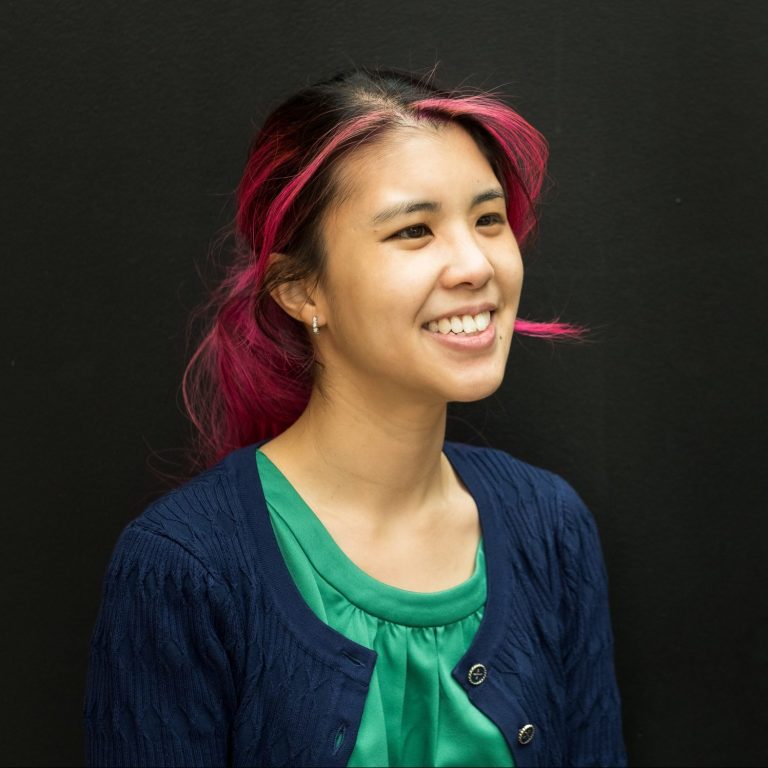One of the notable and welcome changes over the past 60 years has been the steady increase in the number of women electing to study and work in agricultural science.
Graduation photographs from the early years of Agricultural Science at the University of Tasmania show a male-dominated student cohort. Nowadays, the student population is much more diverse, and data provided by the University of Tasmania shows a significant increase in female participation in agriculture, environment, and related courses over the past 30 years.
In 1991, agriculture, environment and related courses attracted 35% more males than females. This figure has changed dramatically and in 2023 female students make up just over half of the student cohort.
TIA supports a diverse student and staff cohort. We are proud to have an active Inclusion, Diversity and Equity (IDE) working group that promotes a culture that values and supports diversity among our staff, students and stakeholders.
We recognise that increasing diverse and inclusive engagement in science, technology, engineering and mathematics (STEM) will benefit our agricultural industries and the economies and workforces that underpin them.
Dr Samantha Sawyer
Sam is a Lecturer and Research Fellow in Food Science at the Tasmanian Institute of Agriculture (TIA) and is a strong role model for young women in STEM (science, technology, engineering, and maths) and agriculture.
Sam grew up in Sydney and attended University of Sydney to complete a Bachelor of Science (Advanced) (Hons) in 2009. She went on to complete a PhD in Industrial Biotech and a Graduate Certificate of Innovation & Enterprise whilst also interning at a business development firm for Pharma and medical technology industry.
After completing her PhD, Sam and her husband moved to Tasmania where Sam started work at Tasmanian Alkaloids (now known as Extractas Bioscience) whilst her husband was working in plant tissue culture before studying to become a STEM high school teacher.
Sam’s career has been spent working with both industry and academia as she went on to consult on sustainable agriculture, then was employed at the University of Tasmania as a research fellow in oenology, where she specialised in the chemical and sensory analysis of wine.
Sam is a strong advocate for gender diversity in STEM and agriculture. She acknowledges that change takes time, although is thankfully starting to see a shift.
“I was fortunate in that the fields and institutes I chose to study were gender balanced at an undergrad level and to an extent the postgrad level. However, role models in higher academic levels were predominantly male,” she said.
“There’s a lot more focus around inclusion, diversity, and accessibility being incorporated into curriculum. Lecturers, researchers, and tutors are increasingly diverse from the perspective of gender, ethnicity, orientation, and appearance and that is encouraging to see,” she said.
Sam was recently admitted to the Superstars of STEM program which is aiming to break down society’s gender assumptions about scientists and increase the public visibility of women and non-binary people in STEM.
“It’s an incredible opportunity for me to promote gender diverse role models in STEM to break down some of those stereotypes about who typically is in STEM and who succeeds in STEM,” she said.
“Superstars of STEM is a training program to equip me with advanced communication skills so I can be part of a growing cohort of female and non-binary role models in STEM."
Sam is seeking solutions to keep Australian businesses globally competitive economically, socially, and environmentally. Whether that means helping industries be more resilient to climate change, finding ways to process food waste into great tasting and nutritious food, or improving production systems to be efficient and socially conscious.
Sam is working at the interface with the people who will inform, steer, and benefit the most from her research. A current project aims to mitigate climate change impacts for Tasmania’s wine industry.
Sam received a 2022 Science & Innovation Award (Wine Australia) for her project helping the wine industry adapt to climate change. She is passionate about STEM outreach and engagement in regional areas and mentoring students and junior staff members to discover and achieve their career aspirations.



